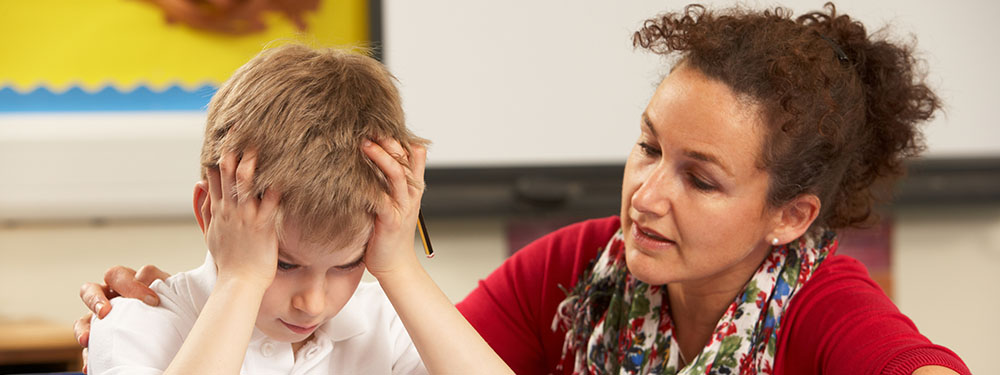
By Ellie Garraway, CEO, Grit
Sharleena knew that “if I carried on the way I was it was not going to end well. I was always getting into fights. I did whatever I wanted without thinking about the consequences. I was horrible to the teachers and to other students. I got kicked out of lessons a lot.”
The “behaviour bubble,” as the primary children most severely affected by the pandemic reach the teenage years, has been widely reported alongside the widening attendance gap between Free School Meals students and their peers. Then there are the mounting challenges for young people around mental health.
In the face of underlying issues that extend far beyond the school gates it’s easy to feel powerless, helpless. But, even amidst the everyday demands of teaching and school life, there are powerful (and empowering) things we can do. And one of the most powerful is to change the conversation – a conversation about the way we relate to young people, a conversation rooted in listening, support and boundaries.
This is what lies at the heart of what we do at Grit. Over the last 25 years we’ve delivered our personal development workshops coupled with individual coaching support to thousands of pupils in hundreds of mainstream schools, Alternative Provision and PRUs, changing the conversation.
We see how, by listening, hearing their voice, understanding what they are experiencing, acknowledging their journey, we can create in pupils a sense of control, a sense of ownership, a sense of responsibility. Time and again young people talk about the impact made by a teacher who doesn’t wield authority or judge but simply listens and challenges: “someone who made me feel appreciated for who I am. Someone who helped me get stuff off my chest. Someone who spoke to me like an adult. But also someone who said it straight.”
We see, too, how connecting the way they are behaving in their lives right now to what they really want to do with their future, can have school students start taking the first steps towards writing the new chapters of a different story. One student describes how, “suddenly things I thought were impossible became possible. I could see a different way, a way through.” It’s about coming from a mindset of possibility, improvement and positivity.
It’s about putting aside our judgements and opinions of students, putting aside previous experiences and incidents. It’s about focusing instead on creating the conditions, providing the space, for the young person to work through what needs to happen for them to achieve their goals. So this means letting a few things go.
There’s letting go of your authority, your status, your own perspective, staying focused on the student’s commitment to their goals instead of being deflected by their behaviours or moods. There’s letting go of any attachment to fixing things or rescuing, to having the answer. So, yes, it’s being rigorous in letting go of anything that pulls you off track from the non-directive, non-judgmental standpoint of the coach.
This might sound like incredibly hard work for a profession that is already overloaded, but the clear boundaries of coaching often create a lightening of the load for teaching staff. As one teacher told us, “The choice about whether to behave in school is theirs and theirs alone. My job is simply to get them to understand this. As a result there is less telling off, more listening and responding. Less stress in interactions with students. And the same outcome is achieved with a lot less argument. It’s less of a battle, more of a conversation.”
All this does not mean that negative behaviour is excused, tolerated or ignored. Instead students see that their behaviours, that their actions, are a result of the choices that they are making and that with every choice come consequences and impact on their lives now and on their future. They see that it is all down to them. It is liberating for them. It empowers them.
We’ve seen, too, the impact across the whole school. A Behaviour Lead at a MAT describes the Grit approach as creating “a coaching culture for the whole staff body, in our teaching practice, in leadership practice, in the way we related to each other as colleagues. And there is a direct link to improved staff and school performance.”
And as for Sharleena, “I don’t get angry anymore. It’s all under control. When a teacher triggers something in me I deal with it, move past it. So I’m enjoying school now. I’m much more positive, much more focused and, you’re not going to believe this, I was elected Head Student!”
Find out more: Grit Breakthrough Programmes
